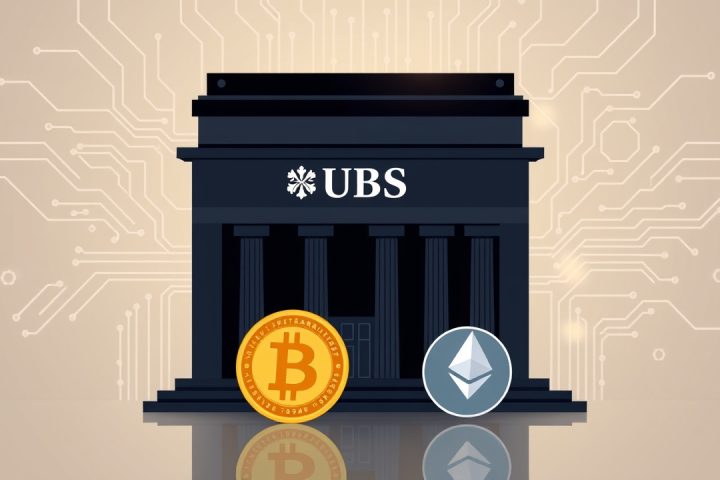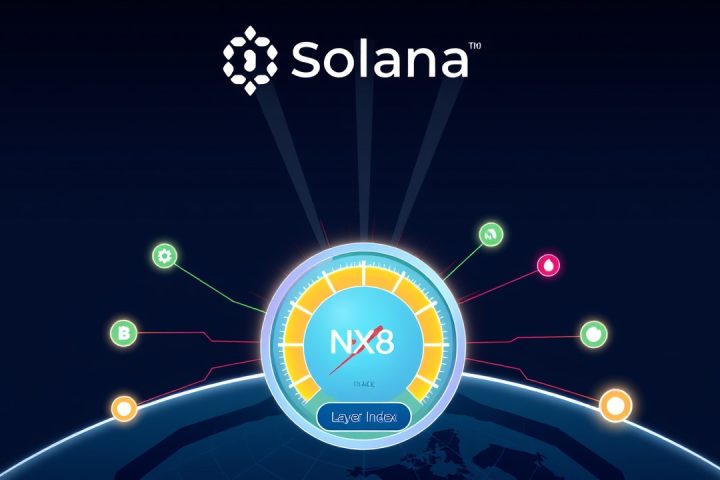Introduction to ERC-7943
A transformative update to Ethereum, known as ERC-7943, has emerged, positioning the blockchain as a vital infrastructure for the settlement of tokenized real-world assets (RWAs). This development eliminates the necessity for asset wrapping or complex bridge protocols, actively addressing a significant hurdle in the trade of tokenized securities.
Market Momentum and Growth
The introduction of this standard is timely, coinciding with Nasdaq’s recent submission to the U.S. Securities and Exchange Commission regarding the launch of tokenized securities trading, and Kraken’s announcement aimed at providing EU customers with access to tokenized equities and other asset classes.
The momentum behind RWAs has been undeniable—with a 6% increase in tokenized RWA transaction volume recorded between mid-August and mid-September, bringing the total to nearly $28.4 billion. This rapid growth trajectory highlights increasing interest from institutional investors in tokenized assets.
Innovative Solution: EIP-7943
However, until now, a robust solution for the efficient settlement of tokenized securities was lacking. This gap is set to be filled by the innovative Ethereum Improvement Proposal 7943 (EIP-7943), conceived by Dario Lo Buglio, co-founder of Brickken.
EIP-7943 proposes a versatile and implementation-agnostic protocol that accommodates any type of token, striving to resolve the ongoing issue of blockchain interoperability. By reducing reliance on bespoke bridges and wrappers, applications built on this new standard will facilitate direct interactions among various token types. If successfully operational, ERC-7943 could unify the fragmented markets and foster a new era for tokenized RWAs—a crucial evolution for global trade.
Support and Advocacy
Support for the ERC-7943 initiative extends across several notable firms, including Brickken, Forte Protocol, DigiShares, Dekalabs, FullyTokenized, and Bit2Me. Alongside the technical advancement, key figures from these organizations are advocating for this open standard to promote institutional-grade tokenization effectively.
Dario Lo Buglio emphasized, “Institutions have grappled with compliance issues surrounding blockchain’s inherent openness. ERC-7943 addresses this challenge, and its modular design streamlines integration while bolstering community collaboration.”
Corporate Engagement in Tokenized Securities
Major corporate players such as BlackRock, Nasdaq, and Binance are proactively seeking to stake their claims in the evolving tokenized securities realm without waiting for Ethereum’s updates. For instance, Backed Finance has launched xStocks—tokenized U.S. assets trading on the Solana blockchain, exceeding $2 billion in transaction volume within weeks, despite being unavailable for U.S. trades.
Likewise, both Robinhood and BlackRock made significant strides in May, with Robinhood announcing plans for trading Arbitrum-based tokenized securities, while BlackRock unveiled its tokenized money market fund BUIDL in partnership with Securitize.
Future Prospects and Regulatory Landscape
The momentum towards the tokenized securities market is undeniable. Recent trends indicate that more institutions will soon follow suit. With ongoing advancements in RWA tokenization, the market is expected to facilitate easier access to stocks and ETFs, promoting 24/7 trading capabilities and faster, cost-effective settlements. The reduction of intermediary risks will present fresh opportunities for market participants, who will be able to engage with the vast $257 trillion potential of these assets through new digital tools.
As noted by Lily Liu, President of the Solana Foundation, “blockchain innovations are reshaping finance for a digital future and solidifying the tokenization trend.” This shift has also piqued the interest of regulatory bodies. SEC Chairman Paul Atkins recently acknowledged the inventive nature of tokenized RWAs, while Commissioner Hester Peirce highlighted the necessity for such instruments to adhere to existing securities legislation.
During this transitional phase, companies are testing the waters in the EU as the U.S. regulatory landscape evolves, laying the groundwork for further growth in the sector.




